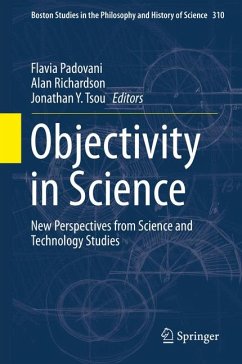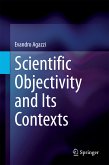This highly multidisciplinary collection discusses an increasingly important topic among scholars in science and technology studies: objectivity in science. It features eleven essays on scientific objectivity from a variety of perspectives, including philosophy of science, history of science, and feminist philosophy. Topics addressed in the book include the nature and value of scientific objectivity, the history of objectivity, and objectivity in scientific journals and communities. Taken individually, the essays supply new methodological tools for theorizing what is valuable in the pursuit of objective knowledge and for investigating its history. The essays offer many starting points, while suggesting new avenues of research. Taken collectively, the essays exemplify the very virtues of objectivity that they theorize-in reading them together, the reader can sense various anxieties about the dangerously subjective in our age and locate commonalities of concern as well as differences of approach. As a result, the volume offers an expansive vision of a research community seeking a communal understanding of its own methods and its own epistemic anxieties, struggling to enunciate the key problems of knowledge of our time and offer insight into how to overcome them.
Dieser Download kann aus rechtlichen Gründen nur mit Rechnungsadresse in A, B, BG, CY, CZ, D, DK, EW, E, FIN, F, GR, HR, H, IRL, I, LT, L, LR, M, NL, PL, P, R, S, SLO, SK ausgeliefert werden.









